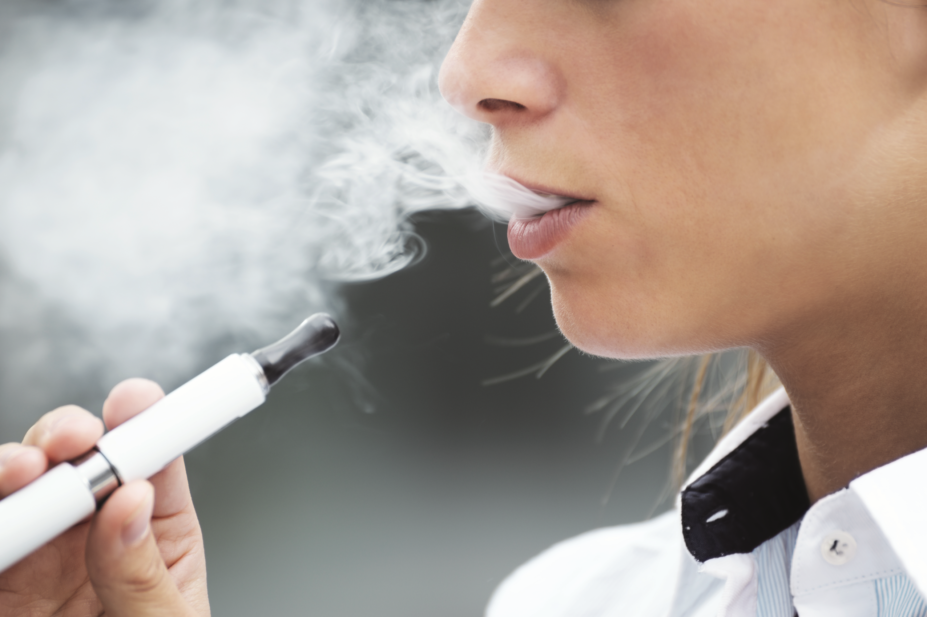
Shutterstock.com
Recommending the use of e-cigarettes, smokeless tobacco or new heated tobacco products to smokers instead of conventional cigarettes, is just “replacing a very harmful product with a less, but still harmful, product”, the European Respiratory Society (ERS) has said.
In an editorial published in the European Respiratory Journal on 5 December 2019, the ERS said that tobacco harm reduction strategies, although “well-meaning”, were based on a variety of “undocumented assumptions” and “incorrect claims”. Examples included: that alternative nicotine delivery products are highly effective as a smoking cessation aid; that smokers will replace conventional cigarettes with alternative nicotine delivery products; and that alternative nicotine delivery products are generally harmless.
The society said that it could not recommend any product that is damaging to the lungs and human health.
“Research on e-cigarettes is still less developed than it is for smoking,” said editorial co-author Jørgen Vestbo, professor of respiratory medicine at the University of Manchester.
“However, there are a number of new studies showing that vaping affects the lungs and, in addition, we are now beginning to see patients diagnosed with acute vaping-related lung disease.
“E-cigarettes are harmful, they cause nicotine addiction and can never substitute for evidence-based smoking cessation tools. The medical profession as well as the public should be concerned about a new wave of lung diseases caused by a product which is heavily promoted by the tobacco industry.”
The editorial accompanies a case history of a patient with a rare lung disease called hard-metal pneumoconiosis which, the researchers said, was likely caused by vaping.
In August 2019, the first death related to an outbreak of severe respiratory illness in e-cigarette users was reported by the Illinois Department of Public Health in the United States of America.
The patient was one of 193 “potential cases” across the United States who have presented to hospital between 28 June 2019 and 20 August 2019 with symptoms including cough, shortness of breath and fatigue.


